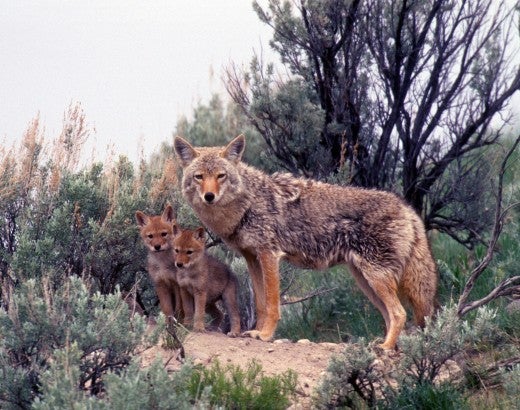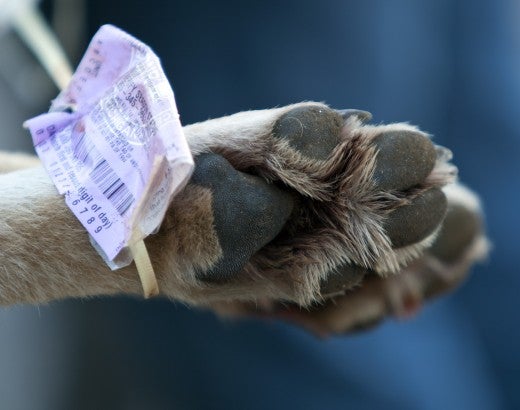While the human world is marked by borders between territories and nations, the animal world in its natural state knows no such boundaries. Migratory animals—who travel thousands of miles on land, through sea, and in the air—not only play a crucial role in ecosystems, but are living, breathing testaments to the interconnectedness of all our lives on earth. A new United Nations report, the first-ever on the state of the world’s migratory species, reveals that nearly half of these species (44%) are suffering population declines, and some are under severe pressure, including many species of migratory birds, whales, sharks, elephants, jaguars and other big cats. No wild species are safe from the threat posed by the global biodiversity crisis.
According to the report, the “two most pervasive threats to migratory species” are: “Habitat loss, degradation and fragmentation (primarily driven by agriculture), and overexploitation (hunting and fishing, both targeted and incidental).”
This is a genuine crisis, and we know why: Human practices have insatiably consumed wild animals as if they are inert and infinite resources, from shark fins and whale meat to elephant ivory and hunting trophies. This, compounded with habitat loss and fragmentation, much of it caused by agricultural practices, and climate change have together created a perfect storm for the risk of extinction.
There is no doubt about it: Eradicating the root causes of animal cruelty on a massive scale to create the humane world we envision will require a dramatic shift in values and practices. For too long our orientation toward the natural world has been one of unmitigated extraction and exploitation. Our fundamental relationship to animals must change. This new report adds to the mounting evidence that our current world order isn’t working.
That said, we can take heart in being a part of driving change and action. A Humane Society International team is on the ground at the Convention on Migratory Species meeting this week, where the report was launched, working with governments to adopt and implement several resolutions to address threats to migratory species. These include the harms caused to animals by commercial fisheries and various forms of exploitation (such as hunting) that impact species including jaguars, marine turtles, sharks, rays and marine mammals.
Parties at the Convention have formally recognized the importance of animal culture in conservation efforts. Animal culture is defined as information or behavior shared within a community which is acquired from individuals of the same species through social learning (not so unlike human beings). The Convention on Migratory Species is the only international forum that recognizes the importance of animal culture for conserving species and the value of individuals from unique cultural groups. This is a groundbreaking reorientation of how international wildlife policy values individual animals in global conservation efforts.
I am heartened that we have been fighting for many of these migratory animals in myriad ways and on various fronts for years:
- We expose cruel practices, including trophy hunting of migratory species, and work with countries to end this harm through legislation and enforcement activities.
- We support ingenious wildlife coexistence projects around the world, helping to promote non-lethal solutions to human-wildlife conflict which prevent retaliatory killing of migratory animals.
- We encourage wildlife departments to recognize the importance of animal welfare, culture and behavior and to implement policies that encode these values in practice.
- We fight to end whaling and increase protection for whales at the International Whaling Commission.
- We work to curb the overexploitation of terrestrial and marine species for international trade at the Convention on International Trade in Endangered Species of Wild Fauna and Flora (CITES).
There is hope, but our efforts will only be successful if more countries take stronger actions today. Nations must commit to fully protecting imperiled species, banning all trade and consumption of threatened species, and making tangible progress in protecting habitats rather than privileging agricultural and commercial interests, which fragment and infringe on the precious migratory routes of many species. Few countries follow through on these obligations through national legislation and enforcement, and if they continue to fail our natural neighbors, it will be too late.
We must call on all nations to make conservation more economically viable than extraction, exploitation, use and abuse of the natural world. The survival of so many species, including ours, depends upon it.
Follow Kitty Block @HSUSKittyBlock.


